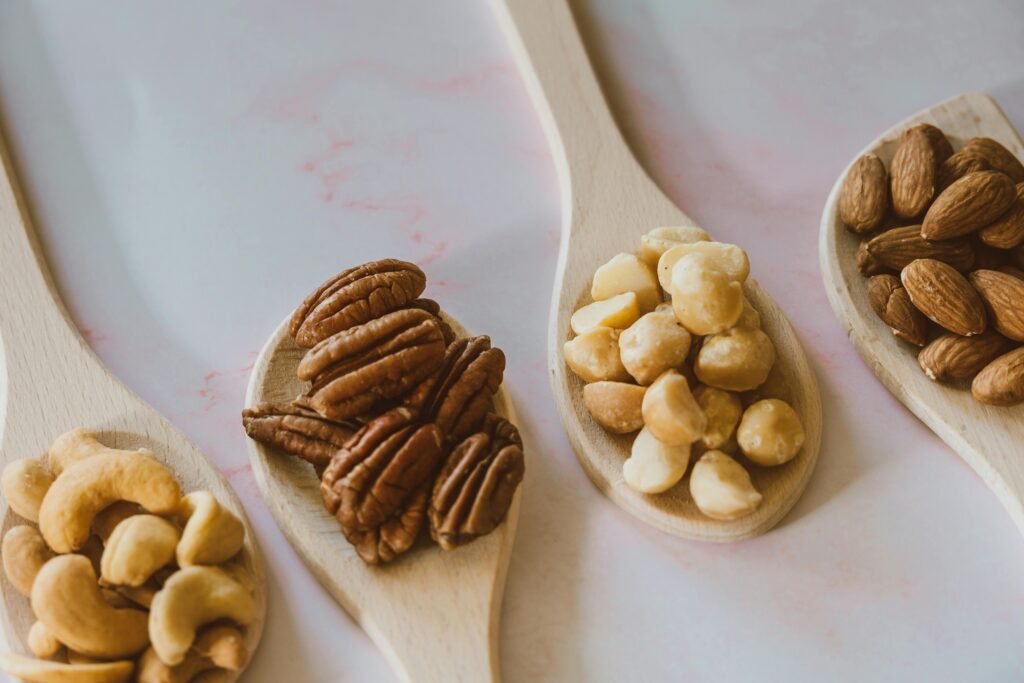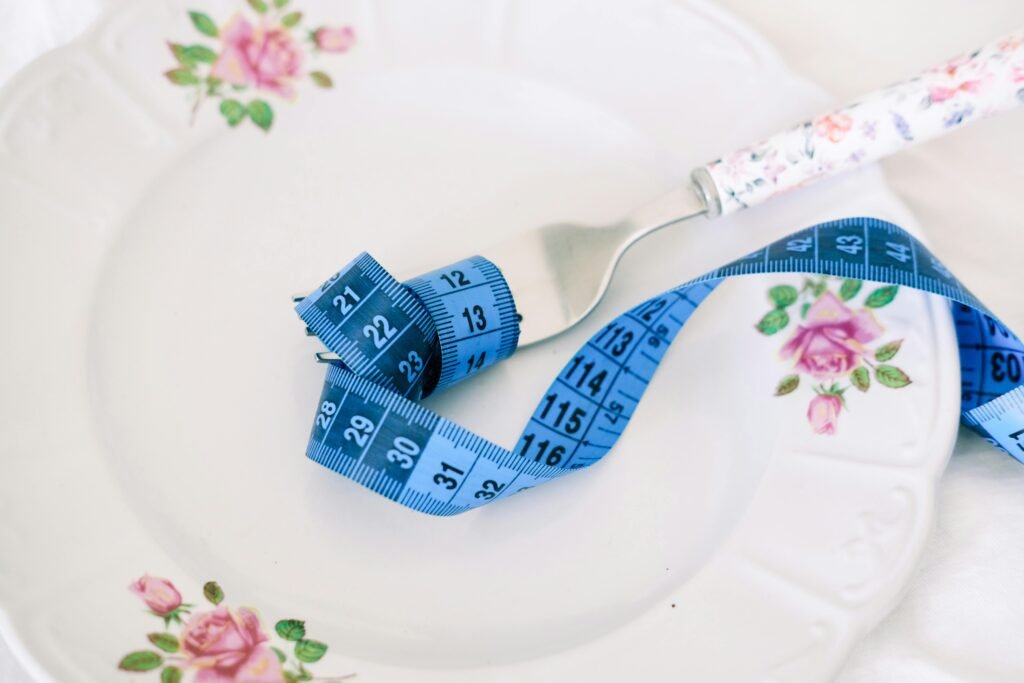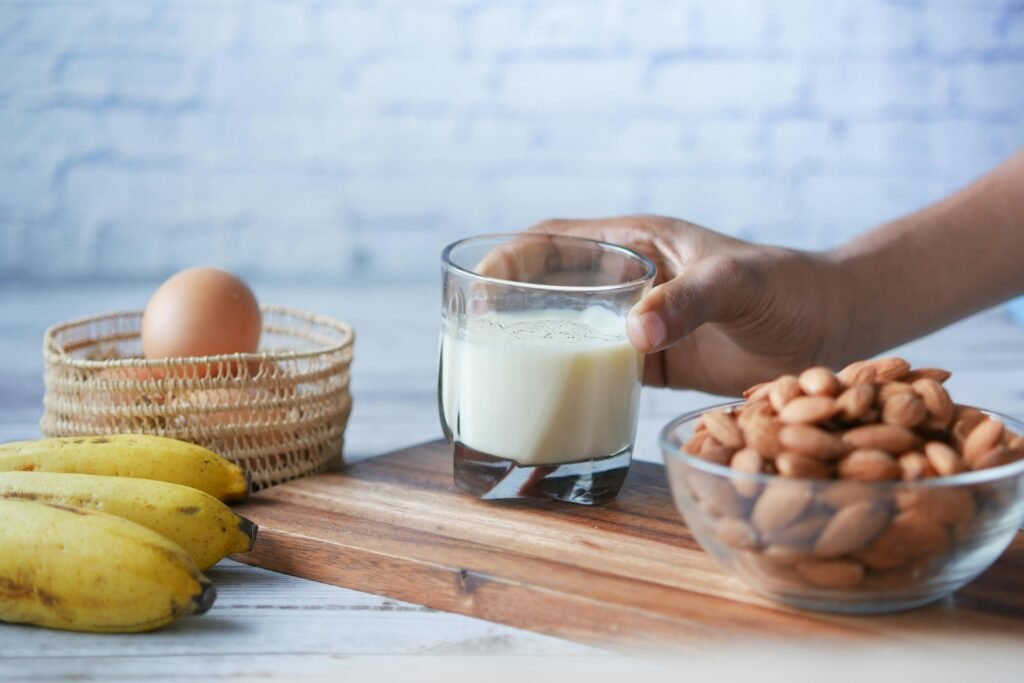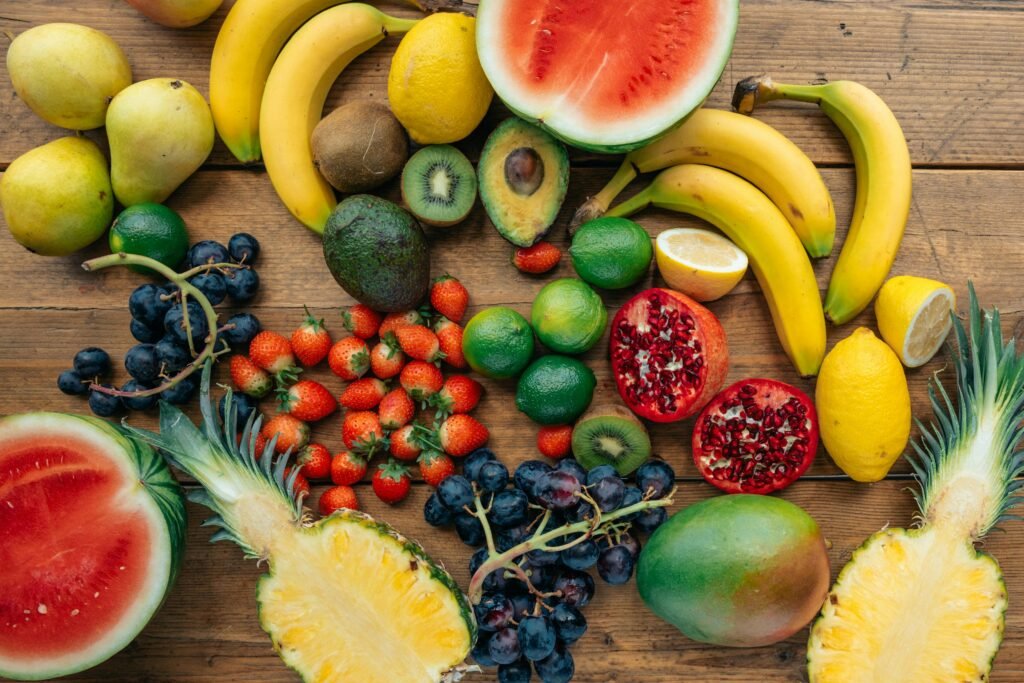Introduction – Why Low-Calorie, High-Nutrition Matters

The best time to eat plays a vital role in how your body digests, absorbs, and utilizes nutrients. Especially when you follow a low calorie diet plan, timing your meals correctly can maximize health benefits like improved metabolism, better digestion, weight loss, and sustained energy levels.
In today’s fast-paced world, many wonder whether morning or night is the ideal time to eat. Let’s explore how meal timing influences your health — and how to plan your daily intake from morning to night for optimal results.
🌞 Morning – Start Your Day with Fruits (6 AM – 10 AM)

Mornings are widely considered the best time to eat fruits, especially on an empty stomach. Your digestive system is most active during this time and ready to absorb natural sugars, fiber, and nutrients from fruits.
Fruits to Include (500g):
- Guava
- Pomegranate
- Papaya
Benefits:
- Boosts immunity
- Improves digestion
- Enhances skin glow
Tip: Eat fruits 20–30 minutes before breakfast for better absorption.
Adding fruits to your low calorie diet plan early in the day helps reduce cravings later and provides hydration. Papaya supports gut health, pomegranate is rich in antioxidants, and guava delivers more vitamin C than oranges.
This timing also works well with intermittent fasting diet tips, helping your body break the fast with easy-to-digest, nutrient-rich food.
🍱 Afternoon – Power Lunch with Pulses & Veggies (12 PM – 2 PM)

Midday is the best time to eat vegetables and protein-rich pulses, as your metabolism is still strong. Your lunch should align with a balanced diet chart to fuel you for the rest of the day.
Include:
- Pappulu (Lentils): Great vegetarian protein
- 1 Boiled Egg: High-quality protein and amino acids
- 2 Millet Pulkas: Whole grain energy without sugar spikes
- Tubers (200g): Carrot, Beetroot, Radish – for detox and blood purification
- Vegetables (200g): Tomato, Potato, and other fiber-rich varieties
- Leafy Greens (200g): Spinach, Fenugreek – high in iron and fiber
Benefits:
- Detoxifies the body
- Supports digestion
- Prevents anemia
Tip: This lunch is perfect for a low calorie diet plan and serves as a fulfilling balanced diet chart. Avoid processed foods and opt for colorful, home-cooked meals.
🌙 Early Dinner – Light Snacking with Nuts (Before 6 PM)

According to health experts and intermittent fasting diet tips, early dinner is ideal for digestion and weight control. A light snack before 6 PM prepares your body for overnight detox.
Include (5–6 pieces):
- Almonds
- Walnuts
- Cashews
Benefits:
- Provides healthy fats
- Supports brain function
- Reduces late-night hunger
This is the best time to eat nuts, as your body uses fats efficiently in the early evening. Though calorie-dense, nuts offer long-term satiety and are a key part of a low calorie diet plan when eaten in small quantities.
Tip: Avoid eating after 7 PM. Let your body enter a fasting state to improve metabolism and sleep quality.
📅 Tips for Daily Diet Planning

- Divide your meals into 3 structured portions: fruits in the morning, balanced lunch, and light dinner
- Drink at least 2–3 liters of water daily
- Start your day with fruits, not processed food
- Exercise in the morning to enhance digestion and metabolism
- Avoid fried, oily, or packaged snacks
- Track your calorie intake weekly — progress matters more than perfection
- If you feel hungry between meals, sip warm water or herbal teas
✅ Conclusion – Balanced Diet with Taste and Nutrition

Ultimately, the best time to eat depends on your routine and health goals. But generally, early and structured meals align better with your body’s natural rhythm.
A smart low calorie diet plan that includes fruits in the morning, proteins and veggies at lunch, and light fats in the evening helps maintain weight, boost energy, and support overall well-being.
Remember: When you eat is just as important as what you eat. Time your meals wisely, and your body will reward you with better health, clarity, and vitality.
💬 We’d Love to Hear from You!
If you found this post helpful or have your own tips about the best time to eat or a low calorie diet plan, please share them in the comments below. Let’s support each other in building healthier habits together!


